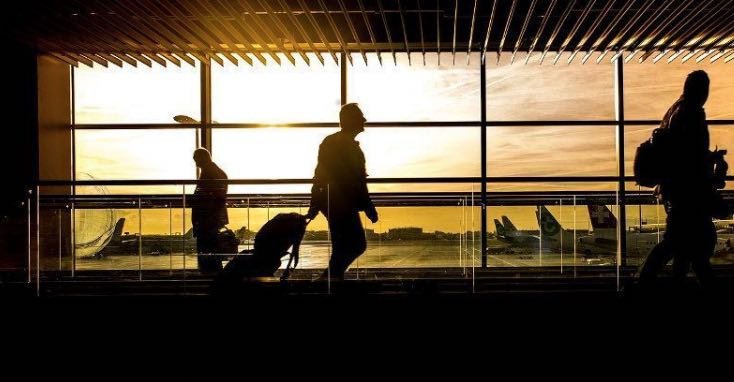
17-10-2022
The European Union will introduce its own visa waiver programme, known as the European Travel Information and Authorisation System, or ETIAS, by November 2023.
Visa waiver programmes are intended to make it easier for citizens of particular nations to travel to other parts of the world without the requirement for a standard visa.
These programmes not only promote tourism and trade in the host country, as well as give a healthy economic stimulus, but they also foster international cooperation and collaboration on issues of security and counter-terrorism.
BENEFITS OF VISA WAIVER PROGRAMMES
Visa waiver programmes are becoming more prevalent around the world. Evidence suggests that allowing travel through visa waiver programmes boosts tourism, which may lead to economic growth potential. According to the United States Travel Association, abroad visitors spend an average of $4,400 while in the United States, with travellers spending about $130 billion in 2012.
But that isn’t the only reason visa waiver programmes are becoming more popular. In a world where the battle against terrorism and other security concerns is a major priority, visa waiver programmes allow different countries to work more closely together in the global fight against terror.
Members of a visa waiver programme often share essential data with one another, as well as information about passengers who may pose a security or terrorism threat, allowing terrorists and other criminals to be discovered more quickly.
With so much potential for economic growth and collaboration on security issues, it’s no surprise that many countries around the world (including the European Union’s spanking formed ETIAS) have already begun to investigate the introduction of their own visa waiver programmes.
WHAT ARE SOME OF THE BEST-KNOWN VISA WAIVER PROGRAMMES IN THE WORLD?
More and more countries are beginning to develop their own visa waiver programmes. The one currently in use in the United States is probably one of the most well-known visa waiver programmes.
Citizens from 38 countries interested in travelling to the United States for business or vacation can apply for an electronic travel permit, known as the Electronic System for Travel Authorization, through this programme (ESTA).
Visitors can stay for up to 90 days after completing the ESTA application and gaining approval. Since its inception in the late 1980s, the American visa waiver programme has been universally regarded as a success, helping to revitalise the tourism economy following a dip in the early 2000s.
The Canadian government has likewise launched a visa waiver scheme as of March 2016. Visitors must apply for the Canada eTA (Electronic Travel Authorization) visa, which allows them to travel to or transit through Canada.
This multiple-entry permit is good for three years or until the traveler’s passport expires, whichever comes first. The Canadian eTA, which is open to nationals of 52 countries, permits travellers to stay for up to six months. Aside from the prospects for economic growth, Canadian authorities seek to lower the number of foreign nationals ruled ineligible to the country.
Although these two are the most popular, other nations have visa waiver programmes (also known as eVisas) include Australia, Kenya, Vietnam, Turkey, and India.
TRAVEL VISA WAIVER FOR EUROPE: ETIAS AND EUROPEAN SAFETY
The European Union (E.U.) is the most recent region to launch its own visa waiver programme. Applicants for the ETIAS for travel to Europe will pay a modest charge to fill out an ETIAS application to gain authorization prior to travelling to a European member of the Schengen region, which is scheduled to debut in November 2023. This means more controls over who is admitted to the EU, as well as additional paperwork for travellers who want to visit these nations.
The European Union will join a growing list of countries seeking to profit from visa waiver programmes. The reality is that today’s globe is vulnerable to security breaches and terrorist threats. It is obvious that a balance must be maintained between safety and facilitation of travel: security procedures must be in place without being so onerous as to discourage travel (and so promote fear) in the first place.
Visa waiver programmes have increased tourism and economic growth while also encouraging collaboration in the fight against terrorism and other security threats.
